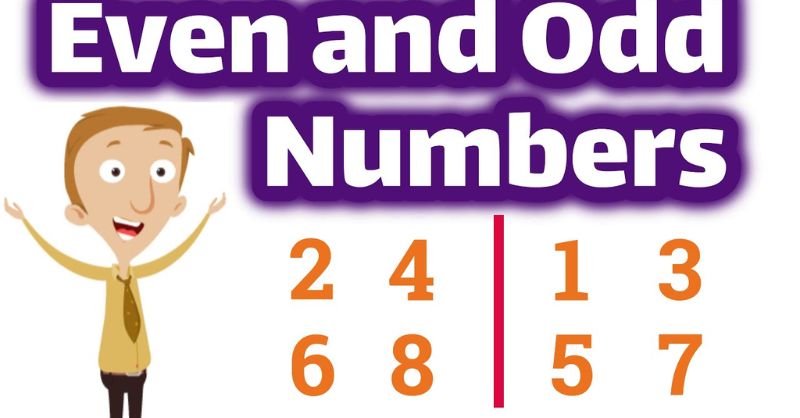Motivational interviewing is a counselling approach that aims to help people resolve ambivalent feelings and insecurities to find the internal motivation they need to change their behaviours. It has become an essential part of addiction treatment because it focuses on empowering individuals to make positive changes in their lives.
MI is practised by a diverse range of professionals, including therapists, social workers, and addiction specialists.
In your first session, you can expect your MI practitioner to provide a non-judgemental and supportive environment where you can explore your thoughts and feelings and how they affect your decision making.
Key takeaways include the importance of finding internal motivation for change and the role of a MI therapist in supporting and empowering individuals on their journey towards recovery.
How MI Can Help
Motivational interviewing (MI) is an undeniably effective counselling approach in aiding individuals struggling with addiction to discover the internal motivation required to alter their behaviours. Specifically, in addiction treatment, MI has been proven to significantly improve treatment outcomes.
Research indicates that individuals who received MI as part of their addiction treatment were notably more likely to complete treatment and maintain their abstinence from drugs and alcohol than those who did not receive MI. This success highlights the importance of personalized approaches to addiction recovery, something that luxury rehab centers prioritize by offering in-depth assessments and tailored treatment plans for lasting change. Furthermore, another study found that MI outperformed traditional counselling approaches in reducing drug and alcohol use among individuals with substance use disorders.
Through creating a non-judgmental and supportive environment, MI practitioners help individuals explore their thoughts and feelings, identify their values and goals, and work towards making positive changes in their lives. MI practitioners also play a vital role in building the confidence of individuals to change, while providing unwavering support and encouragement throughout the recovery process.
Overall, MI is an indispensable tool in combating addiction. By empowering individuals to find their internal motivation for change, and providing the support and guidance they need to achieve their goals, MI practitioners play a crucial role in helping individuals overcome addiction and achieve long-term recovery.
The Role of the Practitioner
In a motivational interviewing session, the interviewer’s aim is to establish a safe and supportive environment for the individual to explore their thoughts and emotions without fear of judgement. By asking open-ended questions, the interviewer encourages the individual to reflect on their actions and identify their personal values and objectives.
The interviewer is an attentive listener, reflecting back what the individual is saying to help them better understand their own motivations and challenges. To reinforce the individual’s reasons for change and build their confidence in their own ability to make positive changes, the interviewer may use reflective listening and summarising techniques.
Throughout the session, the interviewer offers unconditional support and encouragement, while also respectfully challenging any resistance or uncertainty expressed by the individual. The ultimate goal of motivational interviewing is to help the individual discover and enhance their own internal motivation for change and take action to achieve their objectives.
Motivational Interviewing Is a Part of Cognitive Behavioural Therapy
Motivational interviewing is a technique employed within the context of cognitive-behavioural therapy (CBT) to effectively assist patients in overcoming ambivalence and to increase their motivation to change. This approach involves a collaborative conversation between the therapist and patient, with the goal of exploring the patient’s reasons for desiring change, as well as any potential obstacles that may be preventing them from achieving their goals.
Motivational interviewing is a versatile tool that has the potential to address a diverse range of issues, including substance abuse, eating disorders and other addictive behaviours. By enabling patients to identify their own reasons for change and by offering them the necessary tools and support to facilitate those changes, motivational interviewing can be a highly effective instrument in the toolkit of CBT practitioners.
Where to Look for Motivational Interviewing?
If you are seeking treatment for substance abuse or other addictive behaviours and are considering cognitive-behavioural therapy (CBT), it is important to know that the addiction counsellor may also employ motivational interviewing (MI) techniques. MI can be a valuable addition to the CBT toolkit and has been found to be effective in increasing motivation and overcoming ambivalence.
If you think you might benefit from MI, it can be helpful to reach out to a therapist who specialises in this technique. You can start by researching therapists in your area who offer MI, or you can speak with your current therapist or healthcare provider to see if they can refer you to an MI practitioner.
Remember, the goal of MI is to help you identify your own reasons for change and to provide you with the tools and support you need to achieve your goals. By working collaboratively with an MI practitioner, you can increase your motivation and overcome any obstacles that may be preventing you from making positive changes in your life.








 August 29, 2023
August 29, 2023






